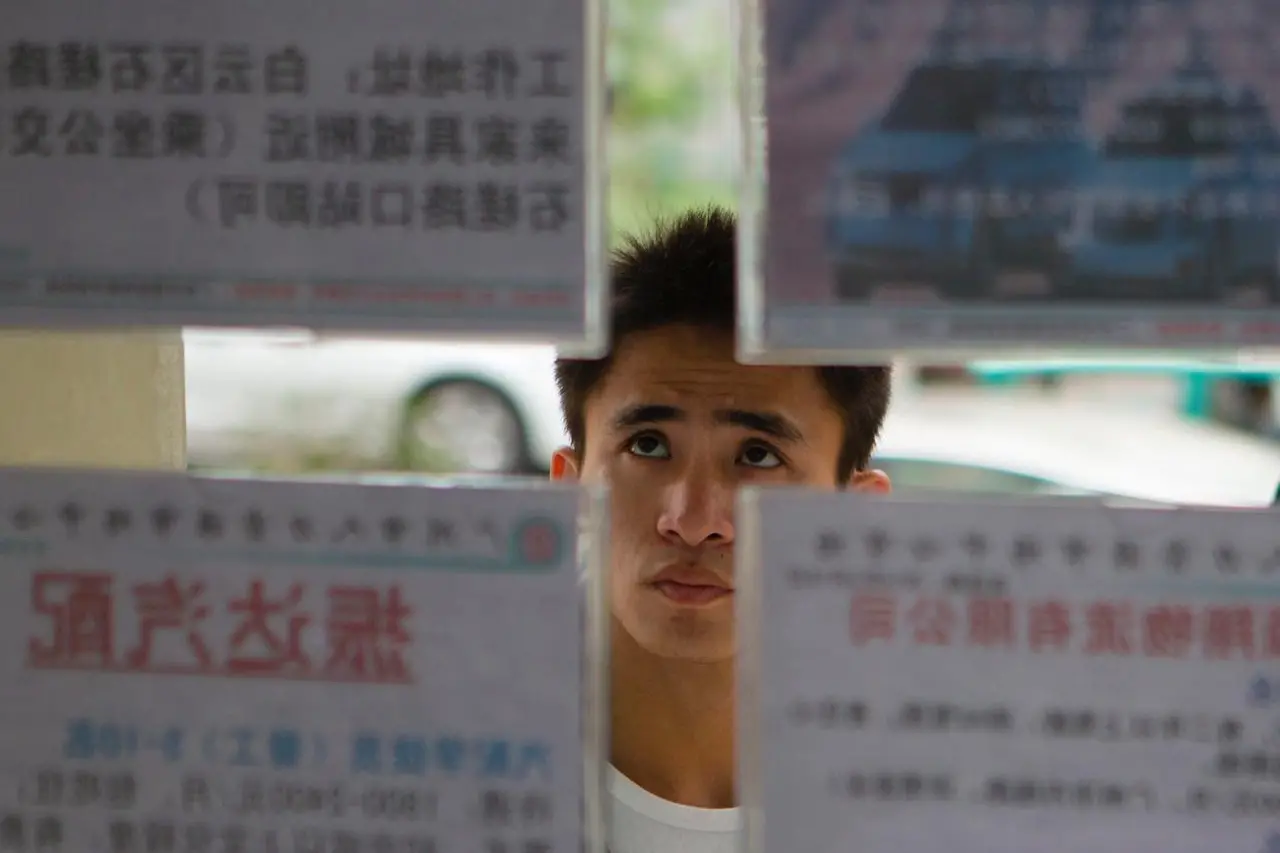PHOTO
HONG KONG - It’s hard to tell there’s a crisis from Hong Kong’s official labour figures. The headline 4.2% unemployment rate is implausibly low given the protests and the pandemic. The 20% figure anticipated in the United States exposes omissions that may distort the Asian financial hub’s policy response.
Hong Kong was already in a recession when Covid-19 struck. Government estimates released this week underscore the dire situation: in the first quarter, the economy contracted 8.9% from a year earlier, the steepest such fall since records began in 1974. Even if the outbreak is contained, slowing global commerce and the likely resumption of unrest will keep pummelling vital trade, retail and tourism industries.
By contrast, unemployment in the former British colony stands at a confoundingly low level despite hitting its highest level in nine years. Even compared to the 2003 SARS outbreak, when a record 8% were out of work, the situation looks implausibly mild for a place that provides minimal financial assistance for the unemployed.
One reason is purely technical. The size of Hong Kong’s workforce fell by more than 2% from a year earlier, lowering the denominator in the equation, to 3.88 million. That kind of change makes the unemployment rate look more stable.
More significantly, the tally misses where government relief is needed most from Hong Kong’s leader, Carrie Lam. The city's self-employed, including real estate agents, stockbrokers and entrepreneurs, totalled some 223,000 in the fourth quarter last year. It's not clear how many of them, along with informal workers, have lost their primary source of income. Hard-to-quantify amounts of staff from the likes of Cathay Pacific and Hong Kong Disneyland are also on unpaid leave. ING economist Iris Pang reckons Hong Kong's "real" unemployment rate may have reached 10%.
Other data point to the bleaker reality. Retail sales in March plunged 42% from a year earlier. Steep declines in clothing and other consumer goods reveal the frailty of the local economy, which is sorely missing shoppers from mainland China and beyond. Restaurant receipt numbers due out soon may paint an equally harsh picture for tens of thousands of overlooked out-of-work Hong Kongers.
On Twitter https://twitter.com/mak_robyn
CONTEXT NEWS
- Hong Kong's economy contracted 8.9% in the first quarter from a year earlier, the steepest such fall on record, according to the official advance estimates published on May 4.
- The government also revised its full-year GDP forecast from a 4% decline to a 7% decline.
- Hong Kong's seasonally adjusted unemployment rate increased to 4.2% in the first quarter, the highest in more than nine years, from 3.7% in the previous three-month period, according to data released on April 20.
(Editing by Jeffrey Goldfarb and Sharon Lam) ((robyn.mak@thomsonreuters.com; Reuters Messaging: robyn.mak.thomsonreuters.com@reuters.net))





















